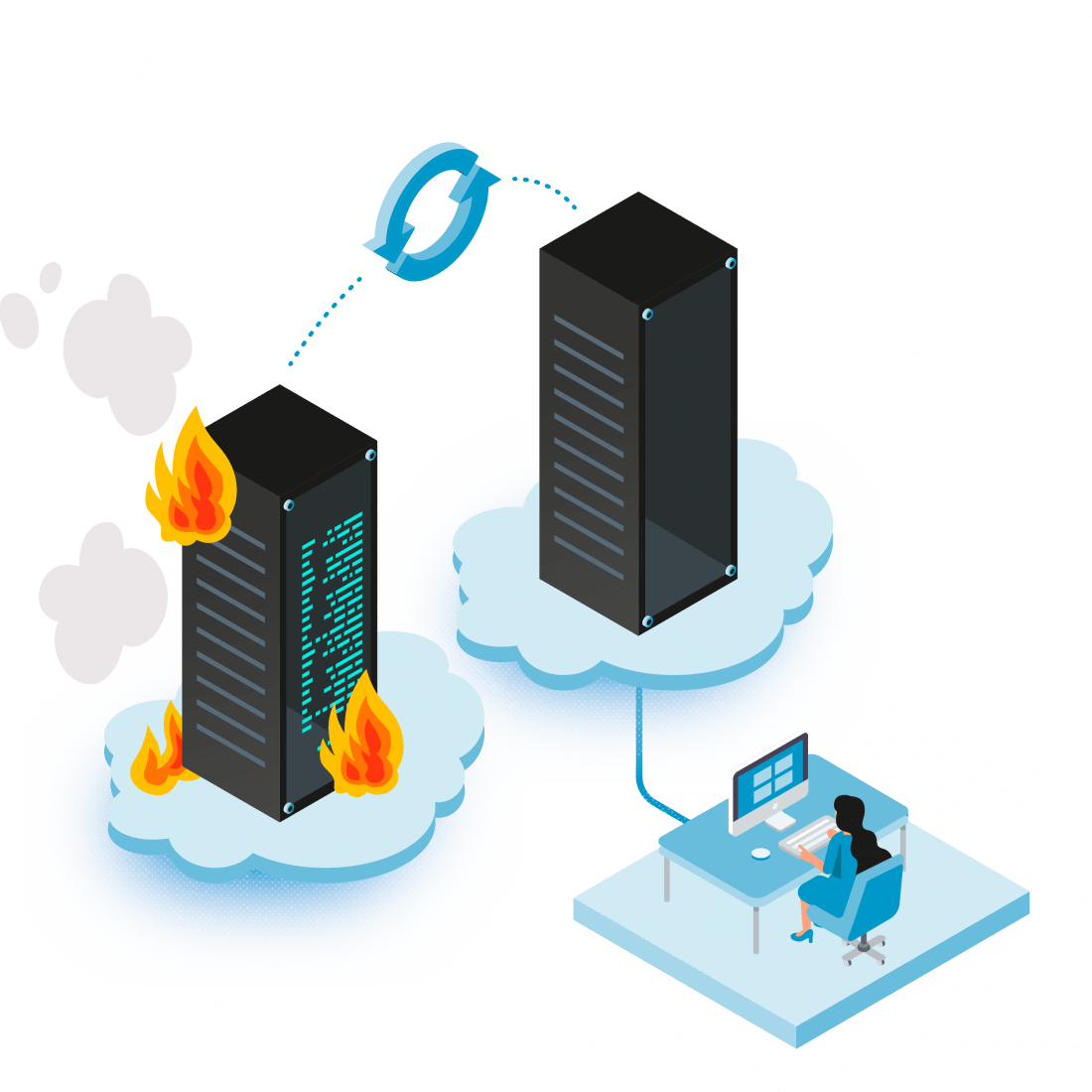Understanding the Role of an HVAC Technician
HVAC technicians are responsible for installing, maintaining, and repairing heating, ventilation, and air conditioning systems. These professionals ensure that homes, offices, and industrial buildings have optimal indoor air quality and temperature control. HVAC technicians work with various systems, including furnaces, air conditioners, and refrigeration units. The job requires technical expertise, problem-solving skills, and hands-on mechanical abilities. Additionally, HVAC technicians often work in different environments, from residential homes to large commercial buildings, making the profession diverse and exciting.
Education and Training Requirements
To become an hvac technician, one must complete the necessary education and training. While some enter the field with a high school diploma and on-the-job training, most aspiring technicians enroll in technical schools or community colleges offering HVAC programs. These programs typically last from six months to two years and cover essential topics such as electrical systems, refrigeration principles, and air distribution. Additionally, apprenticeships provide hands-on experience under the supervision of experienced professionals. Many states also require HVAC technicians to obtain certification or licensing, ensuring they meet industry standards and safety regulations.
Essential Skills and Certifications
Successful HVAC technicians must develop a strong set of skills, including problem-solving, mechanical aptitude, and customer service. Since HVAC systems involve electrical and mechanical components, a solid understanding of wiring, thermodynamics, and fluid mechanics is essential. Certifications such as the Environmental Protection Agency (EPA) Section 608 certification are required for handling refrigerants. Other recognized credentials, such as those from North American Technician Excellence (NATE), can enhance career prospects. These certifications demonstrate expertise and commitment to the profession, helping technicians stand out in a competitive job market.
Job Opportunities and Career Growth
The demand for HVAC technicians is steadily increasing due to the growing need for climate control in residential and commercial spaces. With advancements in energy efficiency and smart HVAC systems, the industry offers promising opportunities for skilled professionals. HVAC technicians can work for construction companies, service contractors, or even start their own businesses. Career advancement options include becoming an HVAC supervisor, project manager, or even an instructor in technical schools. As technology evolves, continuous learning and staying updated with industry trends can open new doors for career growth and specialization.
Salary and Benefits of Being an HVAC Technician
HVAC technicians enjoy competitive salaries and job stability, making it a lucrative career choice. Entry-level technicians can earn around $40,000 annually, while experienced professionals with specialized skills can make over $70,000 per year. Many employers offer additional benefits, including health insurance, retirement plans, and paid vacations. Since HVAC systems are essential for comfort and safety, technicians often experience job security, even during economic downturns. With the potential for career advancement and entrepreneurship, becoming an HVAC technician provides financial stability and long-term professional satisfaction.


